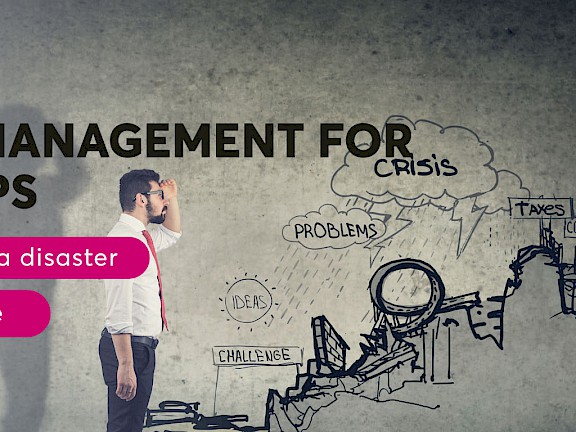Crisis management for startups How to master a disaster with confidence
A shitstorm can hit any company - regardless of its size or industry. The rapid spread of information in the age of social media means that a small faux pas or bad decision can quickly have a big impact. But don't panic! With the right strategy and a courageous mindset, any startup can survive a crisis and even come out stronger.



